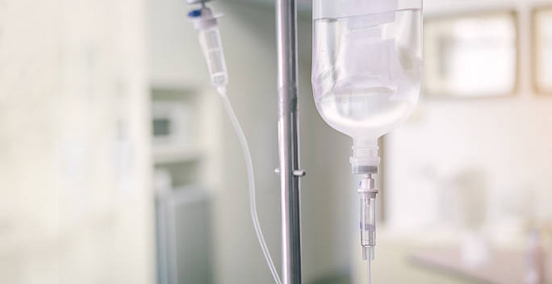Expert researchers find shorter treatment cycles may reduce risk of breast cancer returning

Researchers have found that the dosage and interval of chemotherapy treatments have a significant impact on some breast cancer patients’ survival. For a very small minority of patients the difference of a week between chemotherapy treatments could mean the difference between life and death – and researchers are working to identify exactly who those patients are.
Over the last few decades, breast cancer clinical trials have investigated the way in which patients receive and respond to different chemotherapy dosing regimens. Some have tested if a shorter – but more intense – two-week treatment cycle is more effective than the standard three-week cycle. These trials, however, are often limited in size and do not have the statistical power to detect a difference in response to treatment.
Researchers from the Early Breast Cancer Trialists’ Collaborative Group (EBCTCG) have recently performed a meta-analysis across 26 breast cancer trials to help clarify this dosing dilemma. As reported in The Lancet, they found that more intense dosing regimens were associated with a decreased risk of death from breast cancer and a decreased risk that the disease will return in some patients.
“As chemotherapy kills tumour cells, the residual – or remaining – cancer cells have more room to grow and tend to grow faster,” says Dr. John Bartlett, Program Director of Diagnostic Development at OICR and member of the EBCTCG Steering Committee. “These trials hypothesized that a more intense dosing regimen would give tumour cells essentially less room to grow. With the results of the EBCTCG overview study, we can say with confidence that a two-week treatment schedule will help to prevent death in a small portion of patients.”
The analysis found that approximately one in 50 women benefited from more intense dosing.
“The challenge now is to determine exactly which patients can benefit from intense dosing and which patients would not,” says Bartlett.
“If we can do so, we can prevent deaths due to breast cancer for some, while minimizing the negative side effects of intense chemotherapy for others.”
The ECBTCG is continuing to investigate dosing intensity in common breast cancer subtypes in parallel with researchers who are looking to find the biological basis of these differing responses to treatment.
“We’re in an era of de-escalation where we’re heavily invested in reducing overtreatment,” Bartlett says. “But this work helps us move towards an era of biologically rational treatment recommendations, one where breast cancer patients get the treatment they need at the right time and in the right way.”
